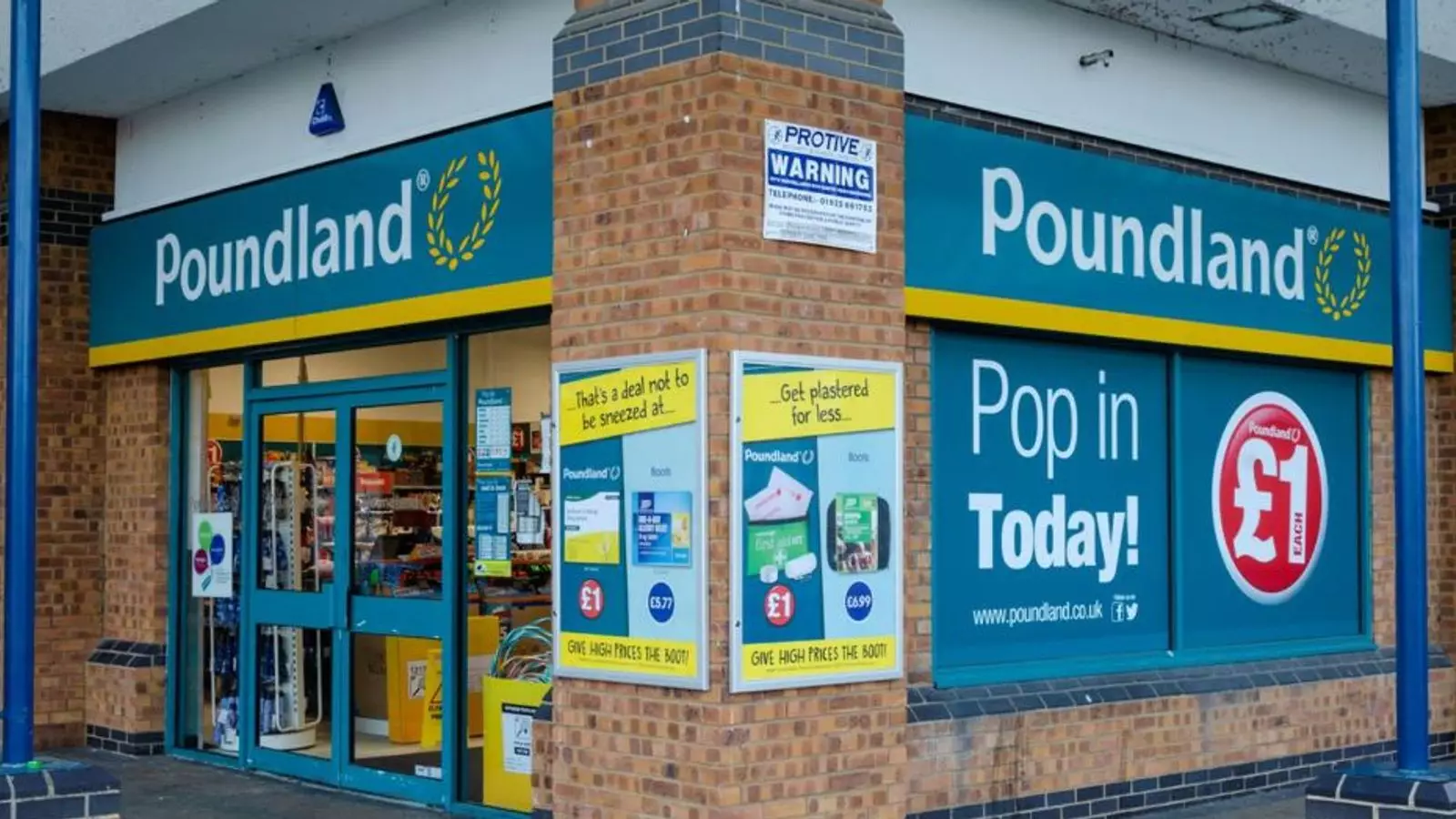Poundland, a leading figure in the UK discount retail scene, is grappling with significant challenges that have prompted its parent company, Pepco Group, to take drastic measures. Founded in 1990, Poundland has become a staple for consumers seeking budget-friendly options, but recent developments indicate that the beloved chain is encountering turbulent waters. With declining sales figures and mounting pressure from competitors, the future of Poundland appears uncertain, and the steps being taken underscore the gravity of the situation.
The decision to engage AlixPartners, a consultancy known for its expertise in corporate turnarounds, signals that Pepco Group recognizes the need for a comprehensive strategy to address the critical sales slump. Reports indicate that since Christmas, Poundland has experienced a staggering 7.3% drop in like-for-like sales, exacerbated by a challenging economic environment and rising operational costs. Such trends underscore not just a dip in performance but indicate a potential shift in consumer behavior and preferences that the discount retailer must navigate carefully.
In light of its current challenges, Pepco Group is reportedly considering several options, ranging from a formal restructuring that could involve painful store closures to potentially divesting the business altogether. The ramifications of these decisions are profound, not only for the corporate structure of Poundland but also for its 18,000 employees and the communities it serves. A restructuring process could radically change the landscape of discount retail in the UK, given the chain’s significant presence across 825 stores.
While the immediate focus remains on stabilizing cash performance and revitalizing customer engagement, the strategic discussions taking place within Pepco are critical. The company hopes to return Poundland to its core competencies, which will likely require rigorous cost assessments and reevaluating its strategic positioning amidst stiff competition from other discount retailers such as Home Bargains and B&M. As such, the potential for a company voluntary arrangement is on the table as a way to clear the path forward, though it remains in preliminary discussions.
The reality that external factors such as consumer habits and economic conditions are impacting Poundland cannot be ignored. Trends indicate that consumers are increasingly selective about their spending, and many are turning to larger supermarket chains that may offer more variety or special deals. This shift has been detrimental to Poundland’s traditional low-cost, fixed-price model. Notably, the company’s efforts to expand its range of fast-moving consumer goods (FMCG) and diversify general merchandise offerings illustrate a strategic pivot aimed at addressing changing consumer demands.
Despite the über-competitive landscape, Pepco Group has expressed that the toughest period is likely behind Poundland, hinting at an optimistic outlook for recovery in the coming months. Executives have indicated plans to present a more defined strategy for the brand’s future later this year, instilling some hope for stakeholders wary of the long-term implications of current struggles.
As bewildering as Poundland’s current plight may be, it is essential to draw a comparison to the two other brands under the Pepco Group umbrella—Pepco and Dealz—which are currently showing robust growth. This contrast raises questions about what specifically has hindered Poundland’s performance. What differing strategies are being employed by Pepco and Dealz that can be mirrored or adapted to aid Poundland’s recovery? Understanding these differentiators could prove pivotal in the chain’s revival endeavor.
Poundland finds itself at a critical juncture in its storied existence. The retail landscape is evolving rapidly, and the challenges faced by the discount chain highlight broader trends affecting brick-and-mortar shops across the UK. With strategic reassessments underway and expert consultants lending their acumen, the hope is that Poundland can not only emerge from this crisis but evolve to meet the future needs of its consumers. The coming months will be pivotal as decisions are made and plans put into action.



Leave a Reply